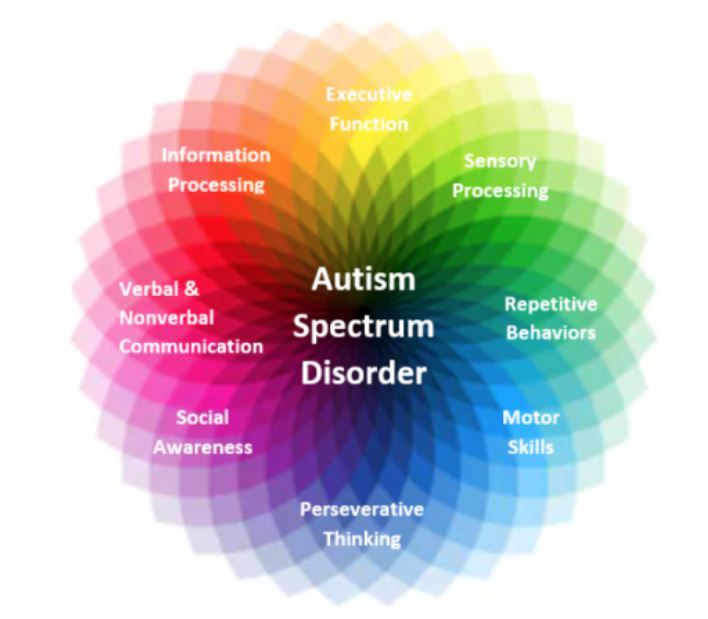What Do We Really Know About Sensory Difficulties in Adults on the Autism Spectrum? (2016)
Autism Spectrum and Sensory Difficulties in Adults Dissertation – The dissertation aimed to examine how much private providers assess adults with autism spectrum disorder who present with sensory differences. The study identifies what expertise, knowledge and training the providers have prior to carrying out pre-placement assessments and how aware of the sensory differences and the impact this has on day to day living, before moving the individual in to supported housing.
The dissertation was conducted using partially grounded theory, using semi-structured interviews. With a sample group of 9 service managers / providers from private sector organisations who provide supported housing placements, for adults with complex needs. The interview questions were designed to identify the current process, and the level of knowledge or training the assessors had.
The literature selected and researched for the purpose of this study demonstrates the direct correlation between sensory processing differences and challenging behaviour, it highlights research and quotes from autistic writers about the impact this condition has had on their lives. The dissertation finds that the Managers carrying out pre-placement assessments have little or no specific training about autism or training in completing assessments.
It discusses the current assessment process and how this does not include any assessment questions about sensory processing needs or whether the referred individual is presenting with challenging behaviour or self injurious behaviour due sensory sensitivities.
In addition, the findings also show a lack of knowledge within the current provider group as to the significant impact the sensory differences has on group living. The author used the findings to change own practice and to design a new pre-placement assessment tool for current employer and arranged training sessions to cascade the findings and to provide training on the new assessment paperwork.
- 14,000 words – 62 pages in length
- Excellent use of literature
- Excellent analysis of subject area
- Well written throughout
- Includes interview questions
- Ideal for autism research students
1 – Introduction
2 – Literature Review
3 – Methodology
Research design
Data generation
Analysis process
Research method
Interview procedure
Interview schedule
Post Interview process
Reliability
Limitations of the research
Ethical considerations
4 – Analysis and Findings
5 – Discussion
Limitations
6 – Conclusions
References
Appendix

